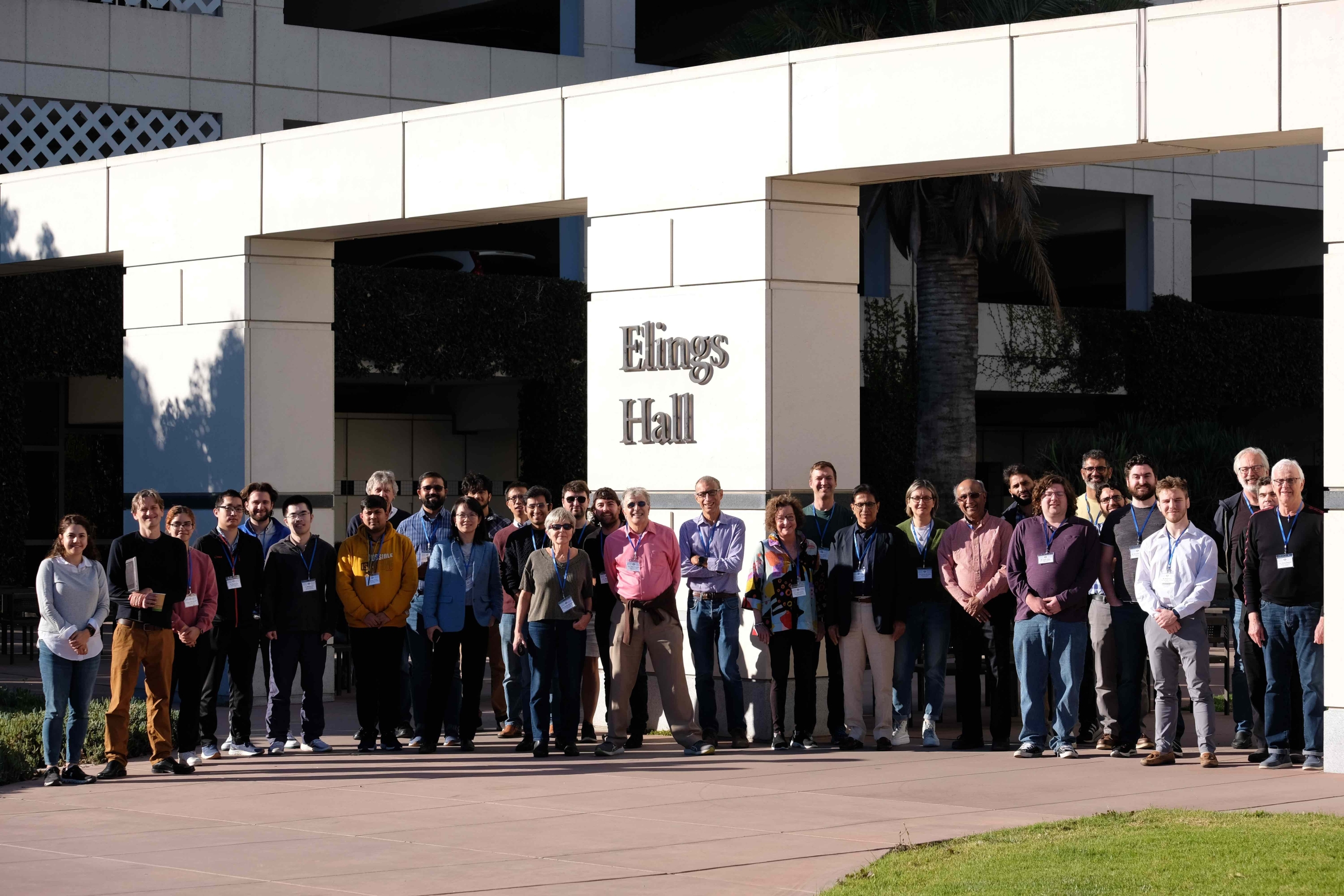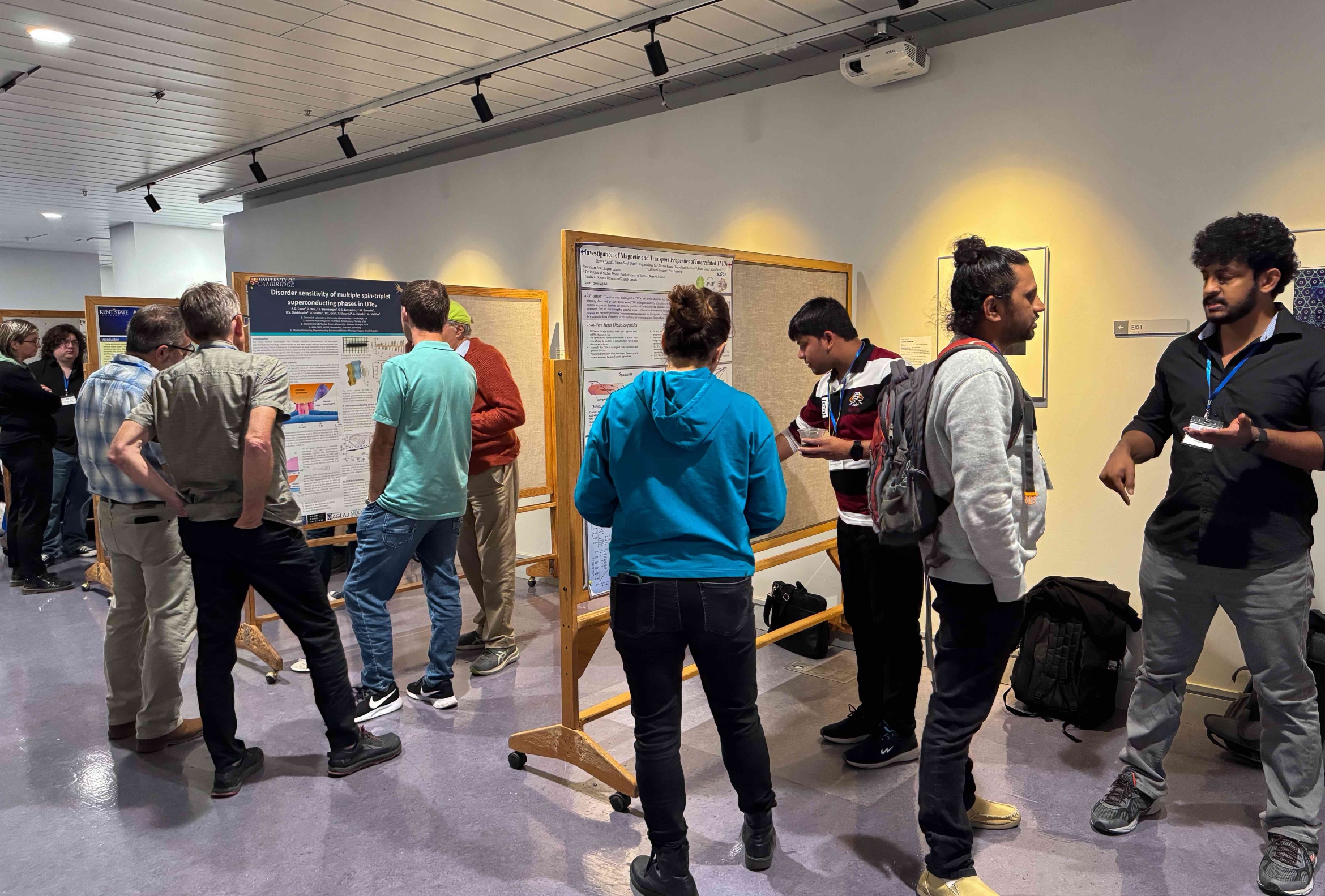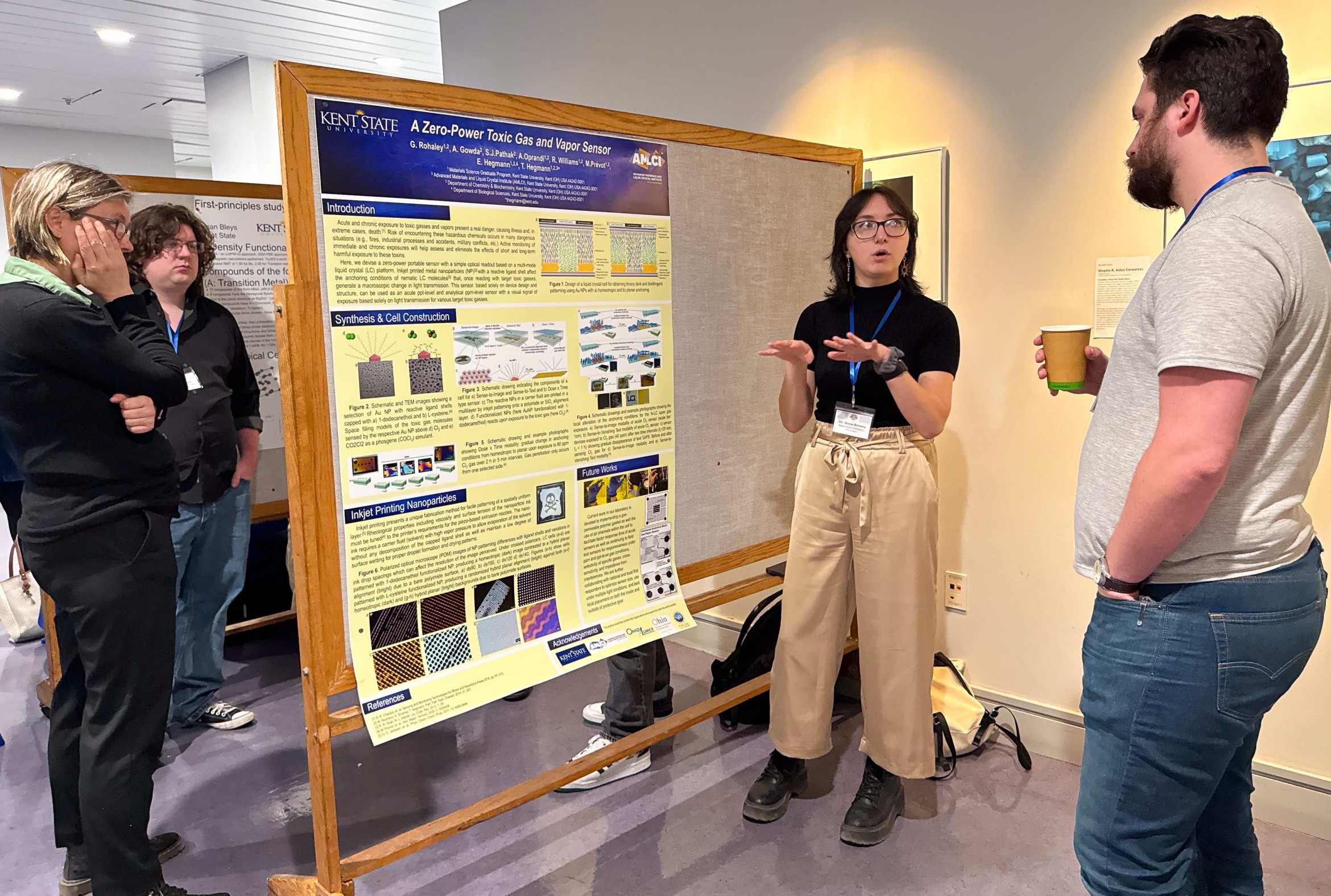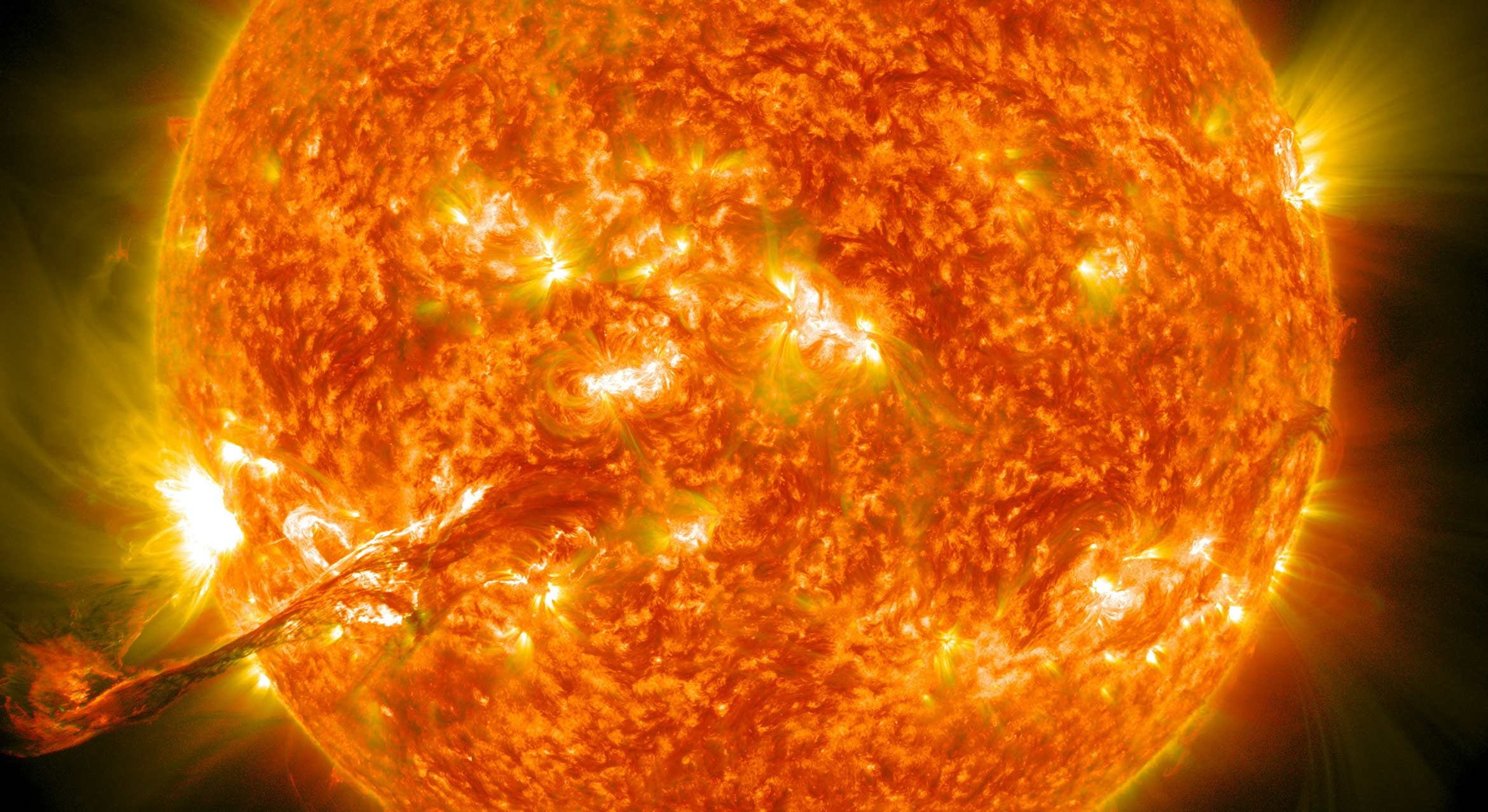
Emergent behavior is a phenomenon produced by the interactions between many individual parts in a system — behavior that can’t be predicted by studying the individual components alone. And it’s everywhere: murmurations of starlings, the formation of symmetrical, fractal patterns in snowflakes, weather events, the exotic properties of quantum materials. Even our own behaviors are examples of this fascinating phenomenon.
Emergent behavior was at the core of the recent ICAM Week of Science 2023, held online and hosted in person at UC Santa Barbara. An international and multidisciplinary cadre of scientists came together for the Institute of Complex Adaptive Matter’s (ICAM) annual general meeting to discuss research in the areas of soft, quantum and biological matter.

“About 40 institutions from all over the world, including UCSB, are members of ICAM,” said physics theorist Cristina Marchetti, one of three co-directors of ICAM. “This gives them access to opportunities for funded research exchanges, running conferences and workshops, partial support for postdocs and more.”
This year the symposium included talks and roundtables on new research in a diverse array of topics, from the physics of soft matter to the mechanics of living cells, and from how the brain senses and processes odors to progress in quantum computing and the impact of advances in AI and machine learning on materials research.
Week of Science also included a workshop on accelerating the discovery of quantum materials, cohosted with UCSB’s NSF-funded Quantum Foundry.
“New materials, particularly quantum materials, can possess emergent properties that can revolutionize how we approach technologies across a broad number of sectors,” said Stephen Wilson,

co-principal investigator at the Quantum Foundry, “yet the slow process of their discovery is a rate limiting step that we are trying to address.”
During the workshop, he said, Foundry researchers were able to network with a global community of researchers pursuing similar goals, share their own research and hear about advances in the field of quantum information and quantum materials from across the world. The Foundry also led a discussion on how the discovery of new quantum materials could be catalyzed.
Sonia Fernandez
Senior Science Writer
(805) 893-4765
sonia.fernandez@ucsb.edu



